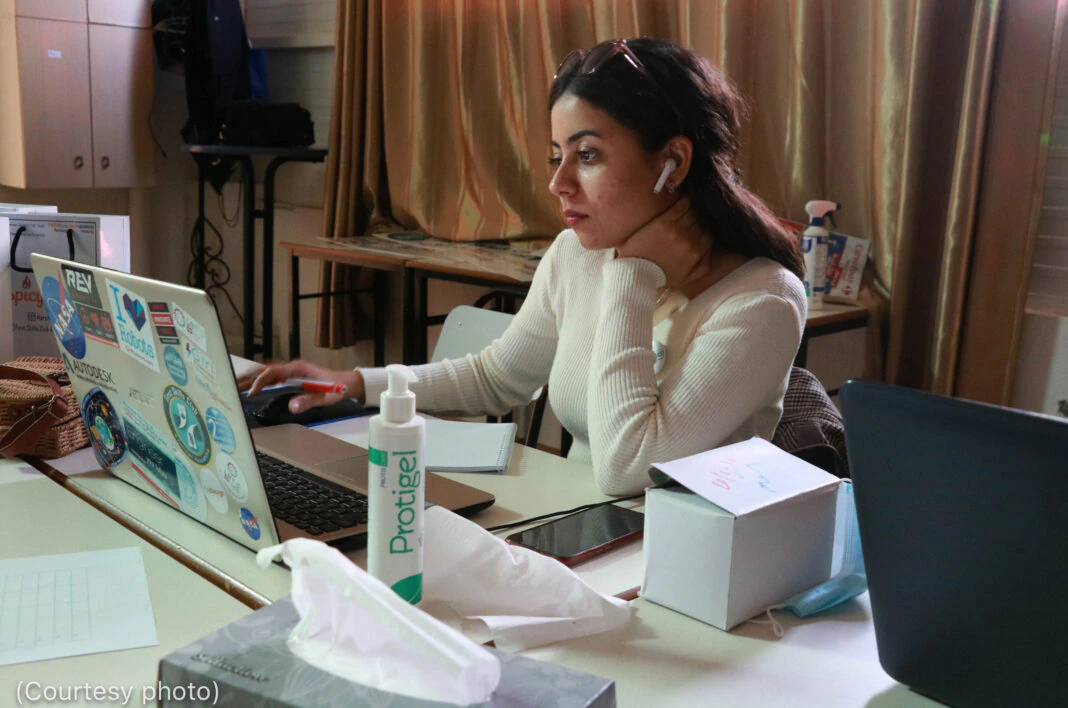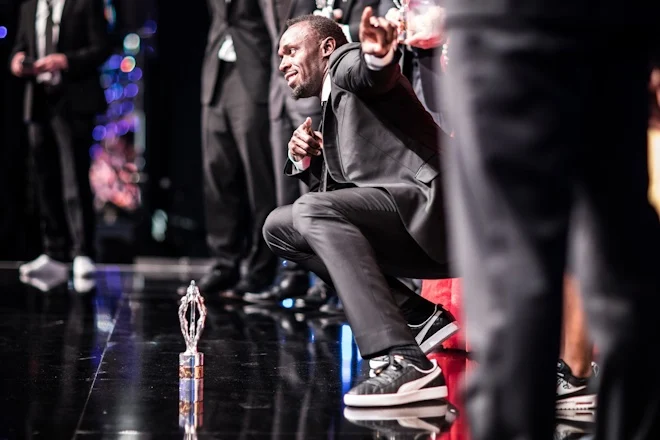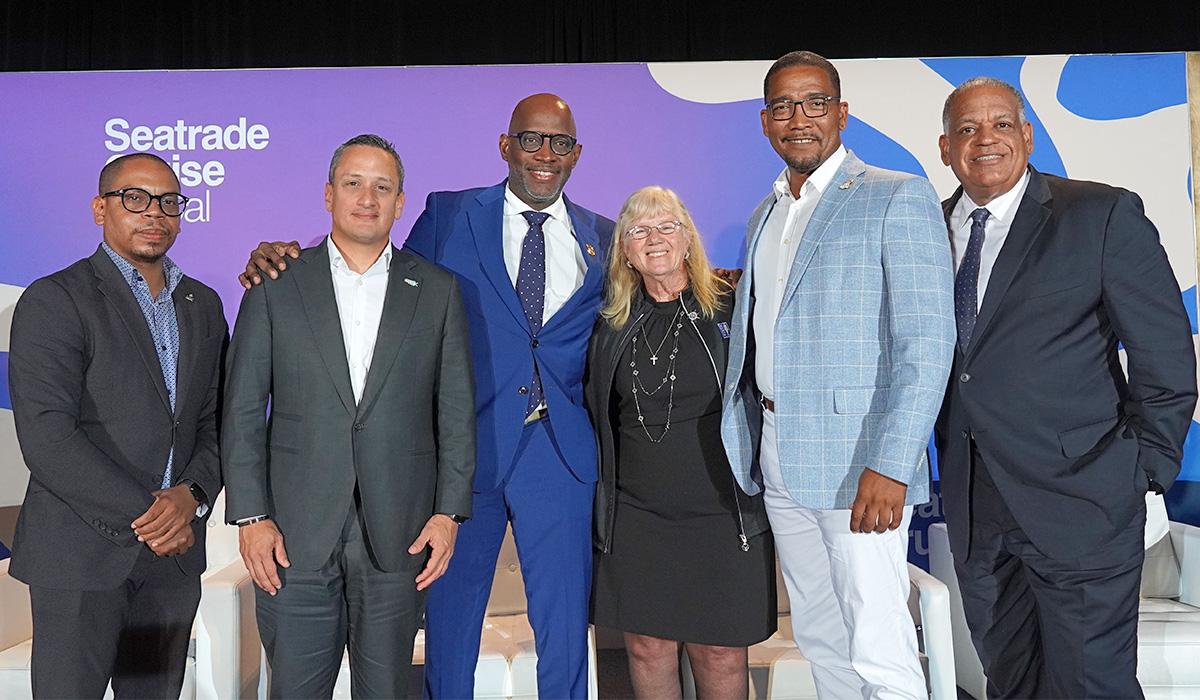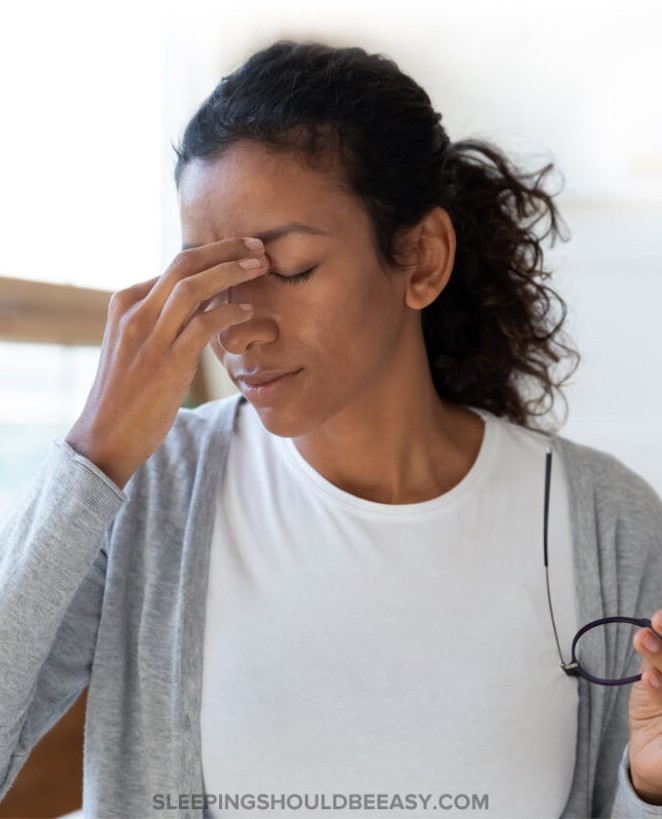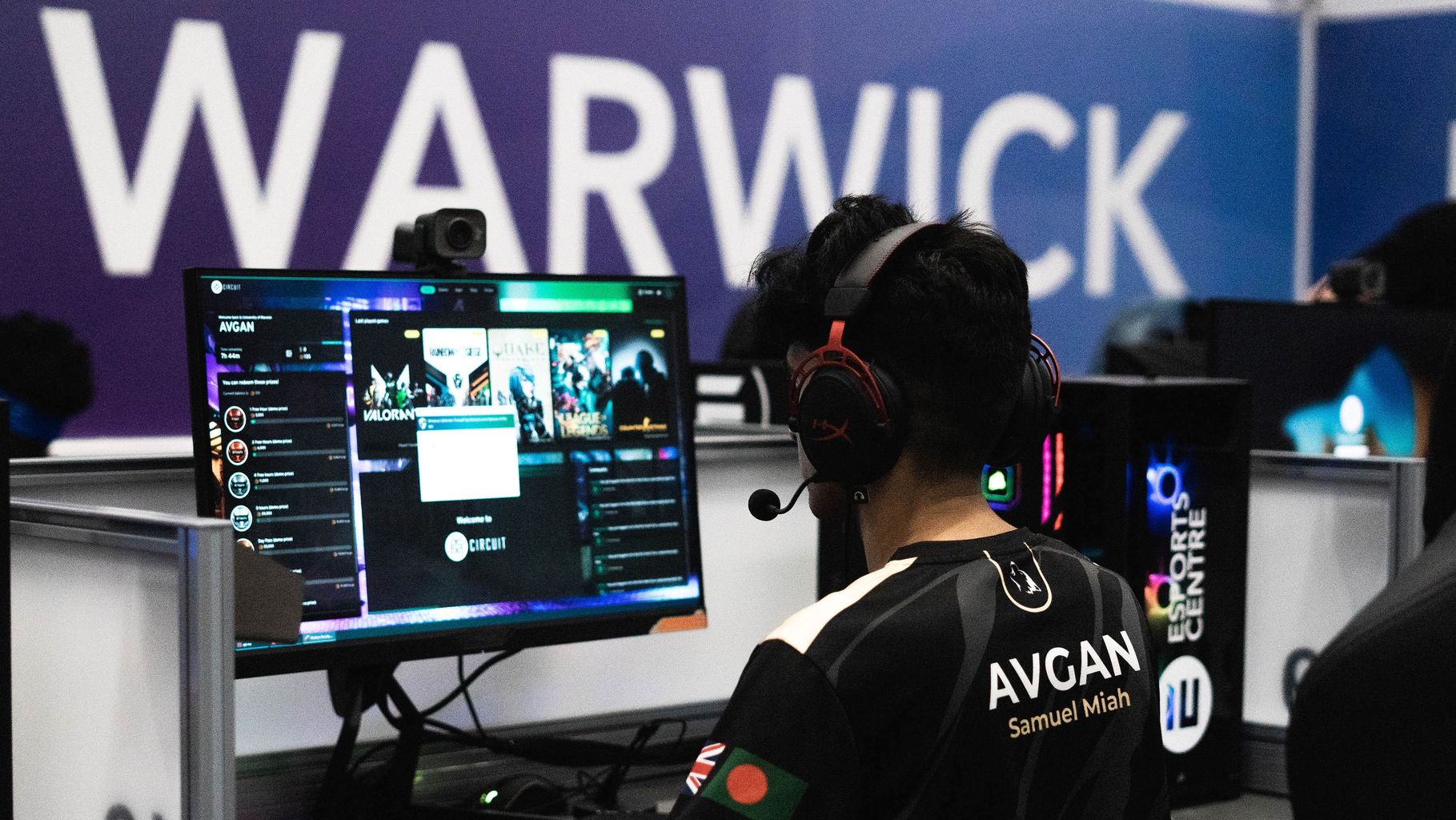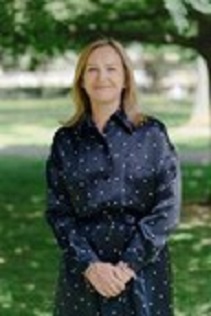Many successful women in science, technology, engineering and mathematics (STEM) open doors for others entering those fields.
The U.S. Department of State’s TechWomen program boosts this kind of networking for women in Africa, Central and South Asia, and the Middle East. It gives them access to their own U.S. mentors who help them gain resources and knowledge to succeed.
Over the past couple of years, the program also connected teenaged TechGirls participants to TechWomen alumnae, thereby accelerating intergenerational connections. (Both programs are managed by the State Department’s Bureau of Educational and Cultural Affairs.)
The five-week TechWomen program normally brings women in technology-related careers to companies in Silicon Valley, California, for project-based mentorships and then to special events in Washington. This year, due to the pandemic, the program took place online. TechWomen boosts participants’ careers and their status as role models, and its alumnae strengthen their home communities’ economies.
Two of the program’s alumnae recently described their TechWomen journeys.
Faten Khalfallah Hammouda, age 38, lives in Sfax, Tunisia. She teaches information technology to secondary school students and is president of First Skills Club, an organization that helps children communicate in English while teaching them STEM subjects.
The program, Khalfallah Hammouda says, helped her develop leadership and project-management skills that influence her work in education. “I love mentoring girls and guiding them to be future female leaders,” she says.
Nisreen Deeb, age 35, lives in Beirut. After completing the TechWomen program, she launched Lebanon’s chapter of Arab Women in Computing, a nonprofit dedicated to elevating the visibility and status of Arab women in the information technology field. She also co-founded the Girls Got IT initiative, which has taught STEM skills to more than 3,500 Lebanese schoolgirls.
She gained long-term vision, she says, from TechWomen: seeing “how a small act can make a big impact.” Today she directs the Lebanese League for Women in Business, a nongovernmental organization whose motto is “take the lead and succeed.”
The State Department’s TechGirls program, which launched in 2012, following the first successful year of TechWomen, is a Washington-based international summer exchange program for students from the Middle East, North Africa and Central Asia interested in pursuing STEM careers. It is open to girls ages 15 to 17, who will attend a technology camp to learn about topics such as coding, web development and data science. (This year, the camp is being conducted online.)
Tunisia’s Ons Kharrat, age 20, applied the leadership skills she acquired through TechGirls to organize a summer camp that trains children ages 11 to 17 in robotics, 3D design and Java programming. Zaineb Maalej and Maryem Guizani are also from Tunisia. Maalej — who at age 17 is still in secondary school — says TechGirls helped her to manage projects better and gain confidence in public speaking.
Overall, she says, she is “a more mature, responsible and independent person” thanks to the program. And Guizani, 18, credits the program for fostering her friendships with other TechGirls and confirming her belief in the importance of technology to the future of all people.
Jordan’s Farah Ghanma and Sura Abdallat are 20-year-old TechGirl program alumnae. Ghanma says the program set her on the right career path, while Abdallat says she was encouraged to pursue STEM-related volunteering and internships, which in turn gave her a better shot at winning scholarships for further study.
Yasmina El Ayache, age 19, and Riwa Matar, age 21, are from Lebanon. She says TechGirls introduced her to diverse cultures and mindsets. A bonus: “There was no competition between participants — only fun and unconditional support.”
Matar says the program increased her “passion for technology.” She’s working on a startup and is now vice president of her university’s physics and astronomy club.
Given these two programs’ emphasis on networking, it is no surprise that some TechWomen alumnae have connected with TechGirls students. Khalfallah Hammouda, of Tunisia, has encouraged several of her female students to apply to the TechGirls program.
Clubs linking the alumnae from both the women’s and girls’ programs have sprung up in regions where the programs overlap. That means even more mentorship opportunities.
The State Department plans to further strengthen those opportunities for TechGirls, by adding a structured, formal mentoring component to the program. And in 2022, the TechGirls program will branch out to include participants from all regions of the world.




